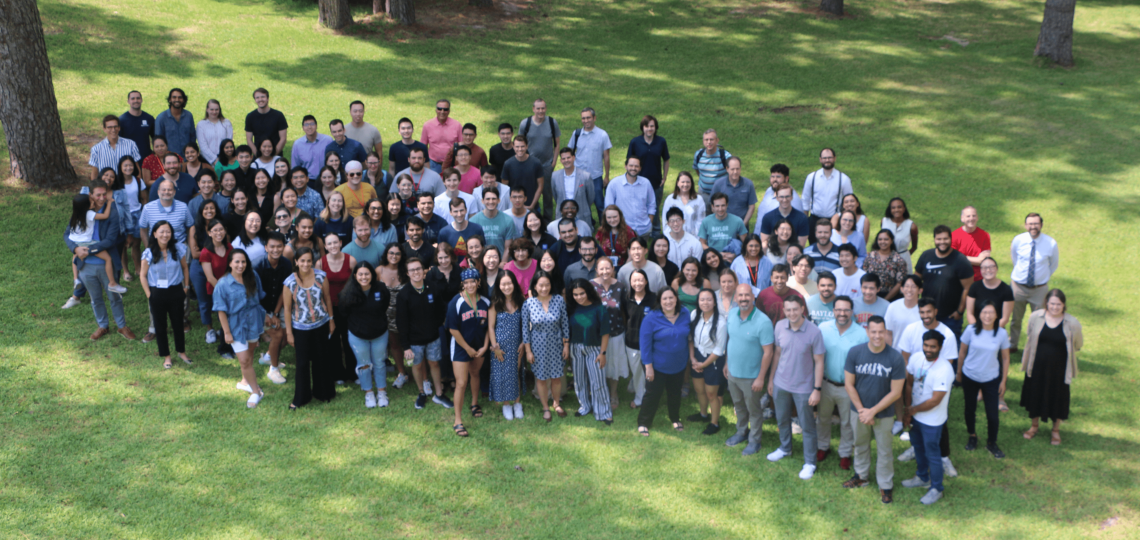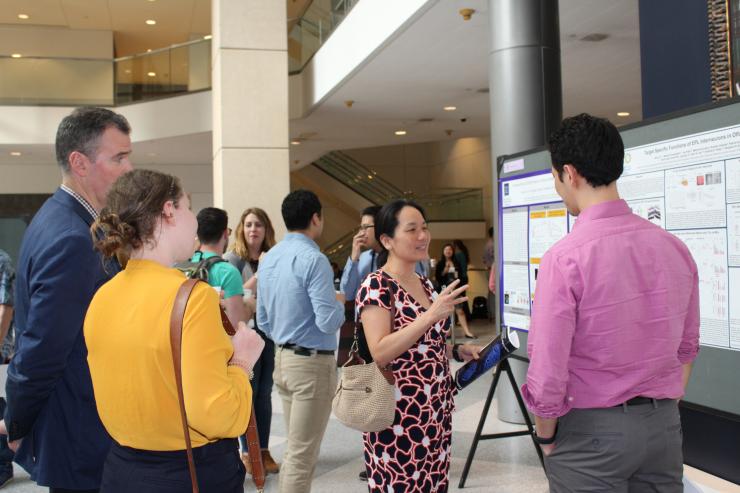
About the Program
The Medical Scientist Training Program at Baylor College of Medicine is an intensive dual degree program for highly motivated students wishing to pursue a career as a physician scientist. The successful applicant should have both an excellent scholastic record and sustained experience in biomedical research. Prior exposure to both laboratory bench science and clinical care is highly recommended. The combined degree program emphasizes integration between clinical and basic sciences curricula, providing training that can lead to significant scientific contributions in academic or industrial research or policy and regulatory affairs.
Director's Message
Research Opportunities

Students in the Medical Science Training Program may pursue their research under the auspices of any of the Baylor College of Medicine Graduate School of Biomedical Sciences programs as well as Rice University Bioengineering Graduate Program.
Program Events
Students are encouraged to explore exciting ideas and develop unique insights in how to approach problems in medical research. The Baylor College of Medicine Medical Scientist Training Program provides a number of programs to facilitate student-faculty interaction that will aid in departmental selection, exploration of career opportunities and exposure to highly acclaimed speakers.








